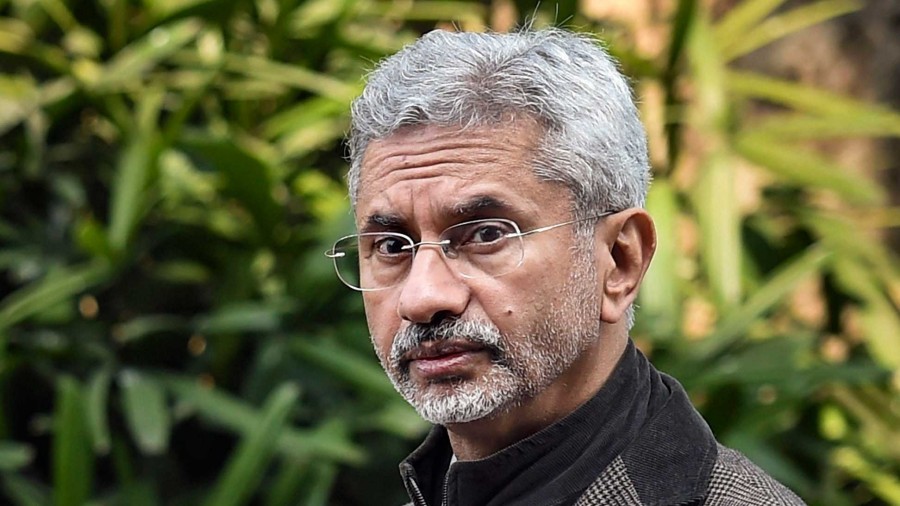The residents of the proverbial glass house are vulnerable creatures. They should, as the old adage advises, desist from taking aim with stones. It is doubtful whether India’s external affairs minister, S. Jaishankar, agrees with such wisdom. Speaking in the Rajya Sabha, hours before a scheduled meeting with the British minister of state for the Commonwealth and the United Nations, Mr Jaishankar assured the House that New Delhi would take up the issue of racial discrimination in the United Kingdom, adding that the land of Mahatma Gandhi cannot afford to turn its eyes away from racial prejudice. Ironically, it appears that the external affairs minister has been looking the other way. For India, like the UK and other parts of the world, is equally plagued by the spectre of racial discrimination. The list of related transgressions is despairingly long. Bangalore had witnessed the gory spectacle of an African woman being stripped and paraded in public; in Bengal, notwithstanding its claims of a progressive agenda, two teachers had been suspended after using a text book in which the illustration of a black man accompanied the description of the word, ‘ugly’; incidents of racial taunts, humiliation and assaults against India’s northeastern citizens are worryingly commonplace. The prejudice has infected the State and the market. A Bharatiya Janata Party leader had courted controversy after making a pejorative remark on the skin shade of the people of South India; India’s cosmetic industry flourishes by turning fairness into some sort of a virtue.
Of course, the Indian variant of racism has its own template. What makes racism in this country unique and complicated is its indisputable link with casteism, ethnicity as well as the colonial experience. Modern indigenous research has indicated that caste distinctions, instead of being premised on a code of division of labour, can be traced back to differentiations along genetic lines. It is possible that the coating of racism on caste has prevented affirmative action, such as reservation, from having its desired effect. The burden of colonialism has also aggravated the bias. While pre-colonial India was welcoming of the Siddis of African descent, post-colonial India is notorious for its intolerance of the principle of racial and ethnic equality. What India needs is a spirited public mobilization against such bigotry; something that the West, including the UK — Mr Jaishankar’s target of scorn — has in the form of Black Lives Matter and other movements.











